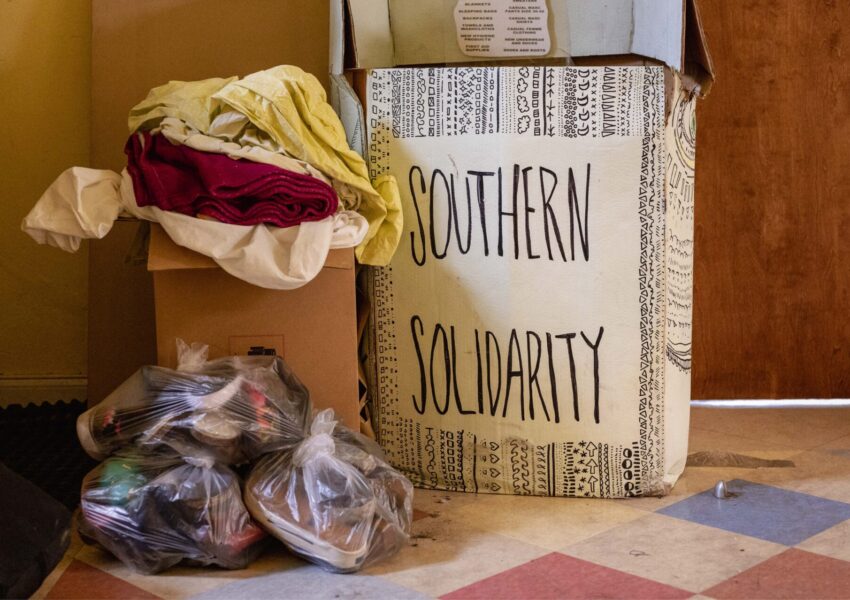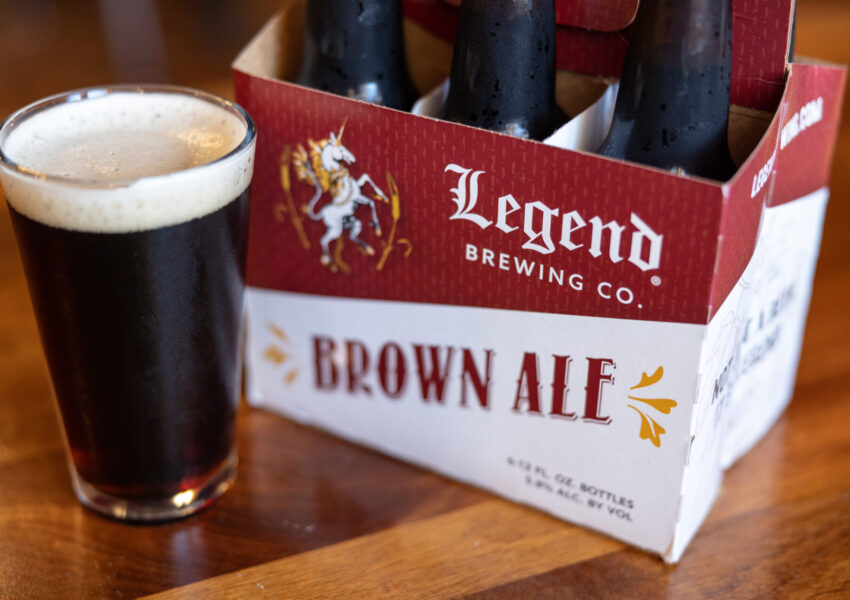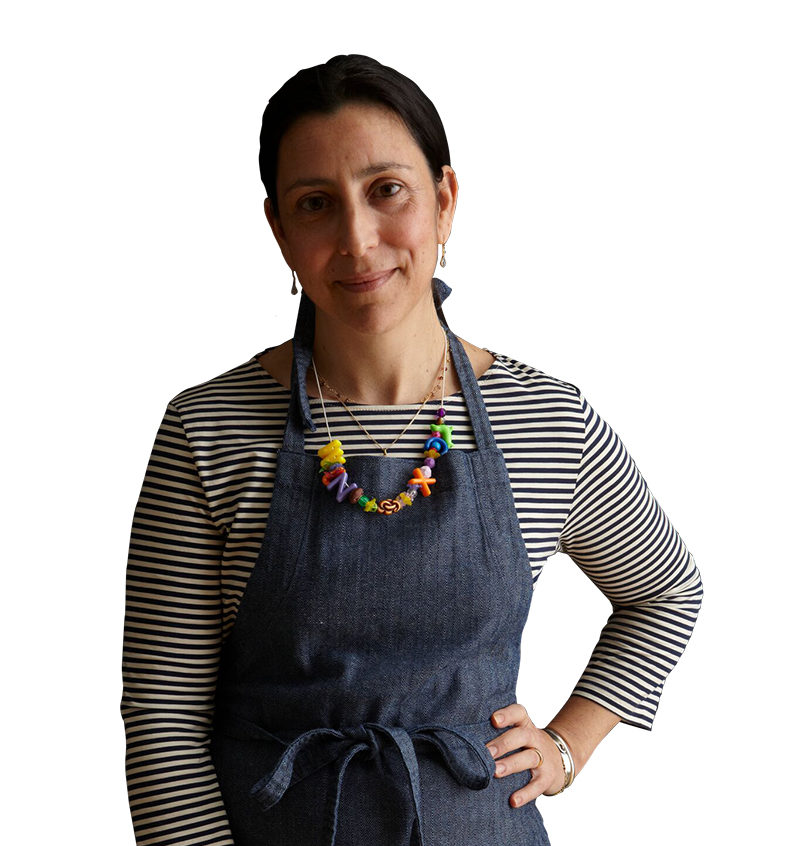In Richmond, Virginia, women grabbed the reins of entrepreneurship and paved their own way. They created culinary kingdoms but refuse the credit. Their presence is felt both on and off the plate, from the kitchen, the farm, the river, the back office.
They’ve opened butcher shops from scratch because the community didn’t have one. They teach men how to break down pigs. They spent years saving tips from waitressing to buy paint for their first restaurant. The blood, sweat, and tears from that first restaurant become the foundation for three more.
They are spinning twine around your boxed lunch, frosting your cupcakes upside-down, starting their day at five in the morning to maintain a Richmond legacy almost a century old. They’ve opened restaurants and bakeries after fleeing other countries to escape dangerous and traumatic conditions. They’ve worked to bring their children and parents to safety. They’ve worked for decades to buy a house that is solely their own. They monitor the plates of their customers to make sure everyone’s eating enough vegetables.
They’re on the Rappahannock River at sunrise, dropping peeler pots, catching blue crabs, working side-by-side with their sister. They’re shucking oysters, something they swore they’d never, ever do. Years later, those oysters take them around the world and put them in glossy magazines and atop parade floats. They are teaching communities how to plant heirloom seeds with stories spanning decades, cultures, and traditions.
Some have spent the night at the restaurant because they’ve worked more than fifteen hours, and they’re too tired to drive home. They blazed paths for their daughters who follow in their footsteps. They purchased catering vans and quit their jobs as deputy sheriffs, all in the same day, in order to feed a neighborhood trying to build itself back up again. They lay white linens on the table not to exclude others but to allow everyone—black or white, rich or poor—the opportunity to experience a meal with love.
They are gracious, bossy, patient, fierce, and kind. They elude the spotlight. They are busy, and they have to get back to work.

















